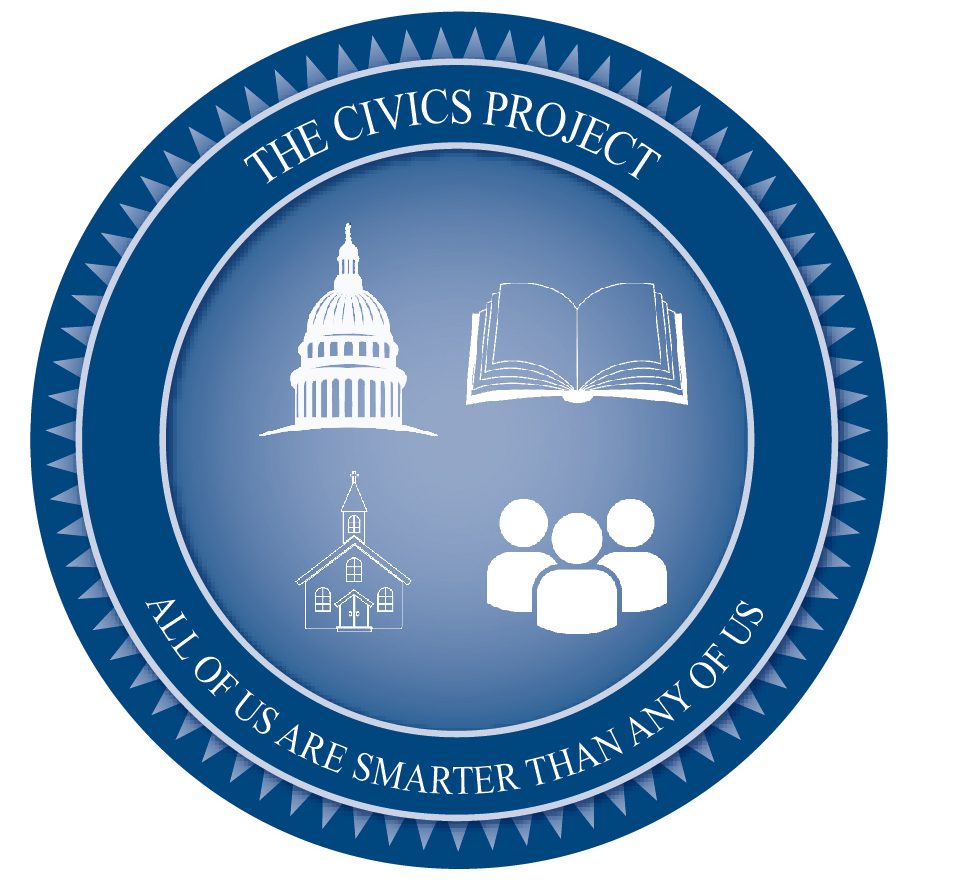What makes Niagara Falls the special place it is. That’s the secret question. The answer so obviously close in front of us that it’s maddingly difficult to get a focus.
All of us are smarter than any of us – and all of us have an answer, but none of us have the answer. That’s the beautiful challenge. To work together, respecting the differences, appreciating the similarities and capitalizing on the opportunities to get closer to an answer. So we keep asking. That’s what we can do to help at this point. Keep talking. Civics is our extended family discussion.
I’ve never met anyone in my life to whom family – both blood and civic – was more important than Paul Colangelo. “Niagara Falls has pockets of the best, most articulate, intelligent and independent people anywhere in the world. What you’ve done with this series of articles is go out and find those people. You’d have to agree, those people know how the Falls got to where it is today, and those people know what it takes to make the Falls anything else. We have the knowledge – there’s no question about that.”
Paul is intelligent, because St. Bonaventure doesn’t graduate dummies. His talents are so keenly focused that – like most people – he doesn’t always understand what makes him special. What makes Paul special is that the sum of all his interest, all his experience and literally his every breath, is related to the 16 square miles of the city of Niagara Falls. He thinks about almost nothing else. Throughout his long career, whether he was employed by the county, city or state, or whether it was his involvement with any of the dozens of non-profit boards he’s been a part of, his interests were 100% Falls based. There are very few people who put every breath into one topic. When you find them, you have to respect their knowledge.
“Everyone will tell you, and they’d be completely accurate, that a large part of the deterioration of the Falls has been the result of the loss of industry, the good paying jobs and civic minded corporations that used to be here. That led to a deterioration of the neighborhoods, and the loss of stability. But that happened to lots of cities in this country. What I’ve seen happen in my lifetime here has been something that doesn’t need to happen – and that’s a distinction between the state and the local government organizations. A transformation from a bottom up mentality to a top down mentality.”
Paul will tell you that the Falls is literally the park. It begins and ends there. It’s the thing that draws global attention, yet somehow it’s been polished to the point of local avoidance. “We (the city) used to use that park as our backyard. It was everything. The state owned it, but nobody considered it state property vs local property. People believed it belonged to them and they felt ownership. It existed for local people as much as visitors. We had Dick Clark here for the 100th anniversary of Nabisco in 1992. Concocted the largest breakfast ever served. We recruited at least 10,000 local people into the park that day. They didn’t come from far away, they were locals who were invited and made to feel welcome in their own park.”
“In 1982 we had United Nations Day in the Falls. We organized a large human chain of people in a horseshoe stretching across the bridge into Canada. Those were local people, endorsed by the United Nations for gods sake. That used the park to make people feel important – because they are important.”
“I can’t put my finger on when or how that changed, but now there’s a mentality that there is the state park, and there is the city. An us/them imaginary wall has developed.”
Power, whether in a family or in civics, is an interesting dynamic. “When we had a local guy, Mario Pirastru, as the regional director of state parks, we really had a great organization. He was from the Falls, and he knew the value of locals buying into the park. The park worked seamlessly with the city, hand-in-glove. Since then we haven’t had a Falls person in that position.”
What’s the difference between what an outsider sees about the Falls and what an insider sees? “When you look from the inside, the thing that made the Falls special were the neighborhoods. That’s the thing that you can’t explain to an outsider. Neighborhoods – and neighbors – were a lifelong treasure. A comfort, and a stepping stone to your future. Today, streets and buildings seem more like pass-through zones.”
I’ve had breakfast with Paul many times, and every time we exit a restaurant, standing on the street saying our goodbyes, the conversation is interrupted by cars honking, slowing down, waiving and shouting hello to Paul. “That’s my cousin” he usually says. He must have 1,000 cousins, and quite possibly does. But Paul has been involved in so many people’s lives within these 16 square miles that nearly everyone has felt his touch. Just like family.
On a completely unrelated note – it’s Election Day. Not Tuesday, but today, right now. With early voting you are able to go vote immediately. Elections have consequences. Vote for whoever you think will do the best job. But know this: the percentage of people who vote in this election will be the benchmark for how strong the desire for a civics discussion is. It’s a concrete example of commitment to the outside world. That is the civics takeaway.
